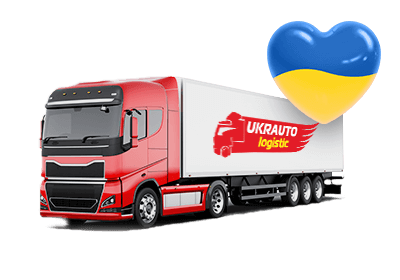Today, there are a considerable number of companies whose specialization is cargo transportation.
Today, transport companies provide the following services:
- providing a car for cargo transportation;
- transportation of furniture from apartments and offices;
- truck rental;
- forwarding services.
This is by no means an exhaustive list of the services that companies provide. Although most people have an idea about such services, with logistics, which is also included in the list of services, the situation is more complicated. So, this gap needs to be filled.
A bit of history
We should start with the history of logistics. Logistics, as such, has been around for over 40 years. As a fully formulated concept, it appeared in 1974. Thus, it has been established: logistics is a science that studies control, planning, management of information and financial resources in various fields.
In Ukraine, logistics was formed at a time when the economy took on the shape of a market system, i. in the first half of the 1990s. And although almost 30 years have passed since then, few people have a clear idea of what logistics is.
The purpose of logistics is to improve the activities of enterprises of any profile. It's not only about improving the quality of work, but also about finding ways to speed up the workflow with the least financial investment.
There are several types of logistics. They depend, as a rule, on the specifics of the activities of enterprises using the services of a transport company. Thus, the following types of logistics can be distinguished:
- transport;
- commercial;
- informational;
- industrial.
There is often an interweaving of varieties of logistics, which is not surprising: such principles are the basis of the economy.
As an example, it makes sense to analyze transport logistics. Its key goal is to improve the quality of cargo transportation services, contributing to the growth of the organization's income.
The organization of such an event as cargo transportation includes the following tasks:
- reducing the financial costs of fulfilling an order for cargo transportation to the maximum;
- development of the optimal route, and, if necessary, several options, for laden transport, taking into account any emergency, weather conditions, road conditions and other factors;
- control of cargo transportation;
- selection of an acceptable vehicle;
- drawing up a package of documents and concluding an agreement with the customer;
- determine the timing of the order.


